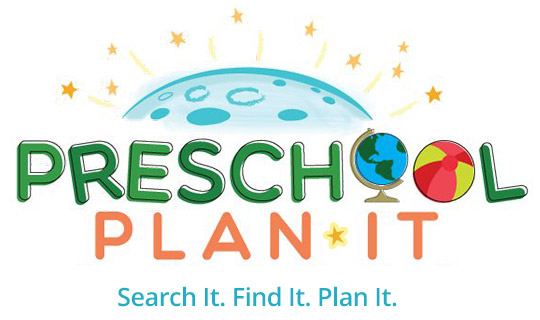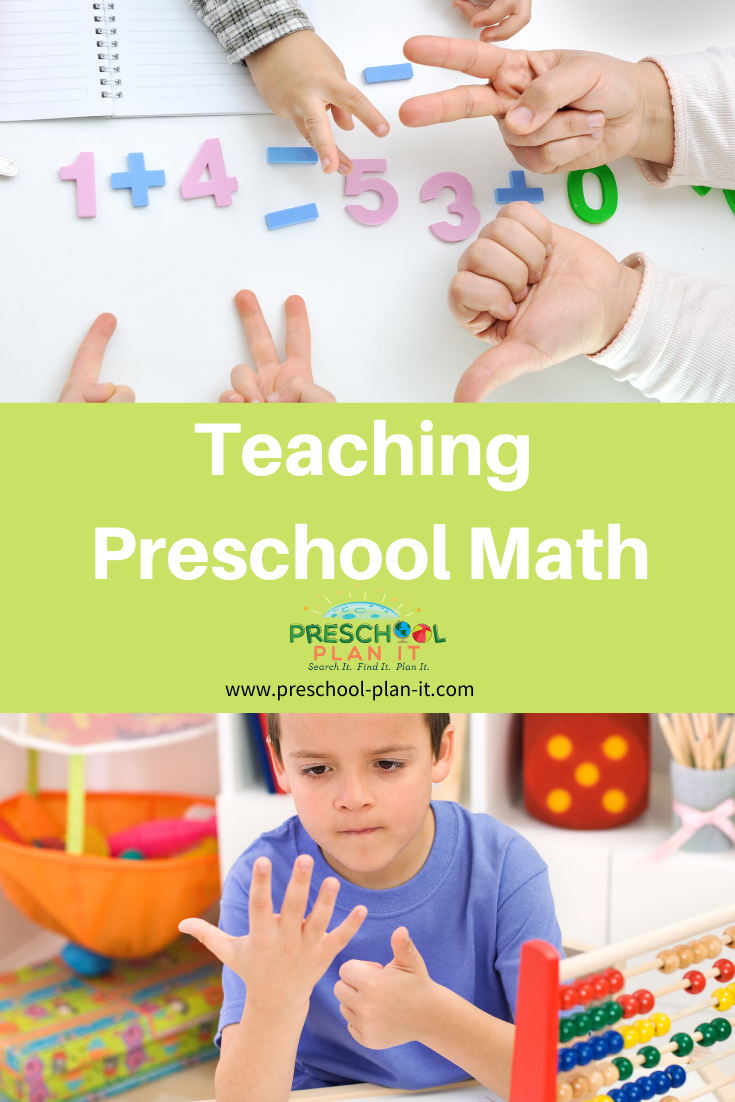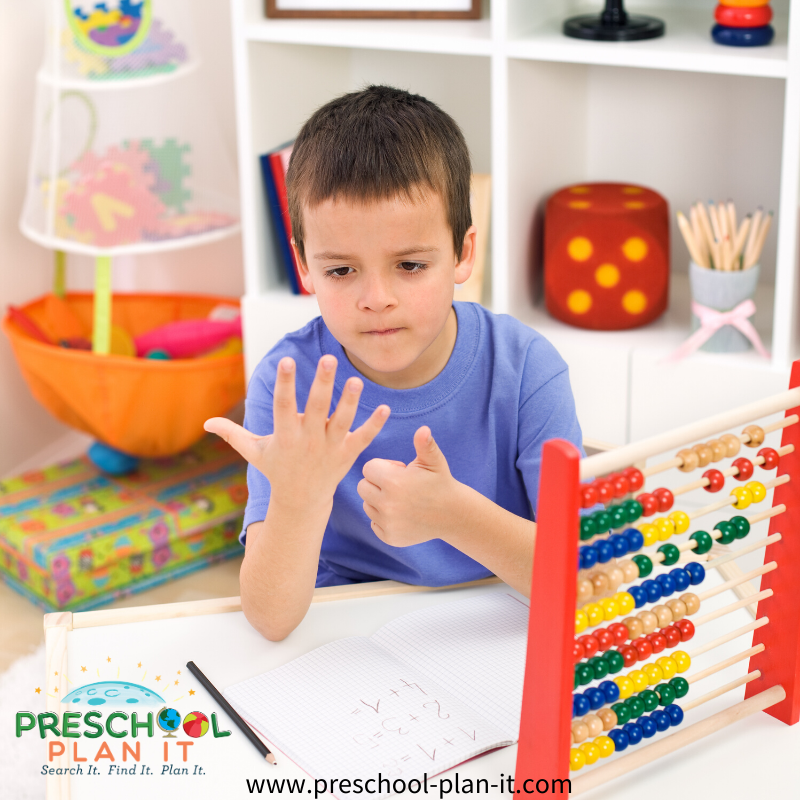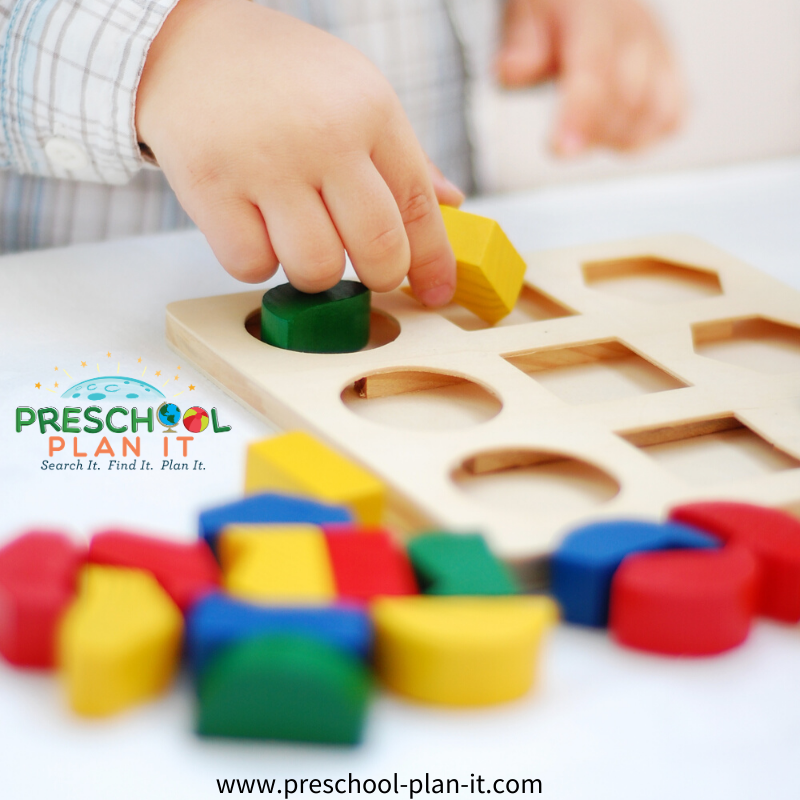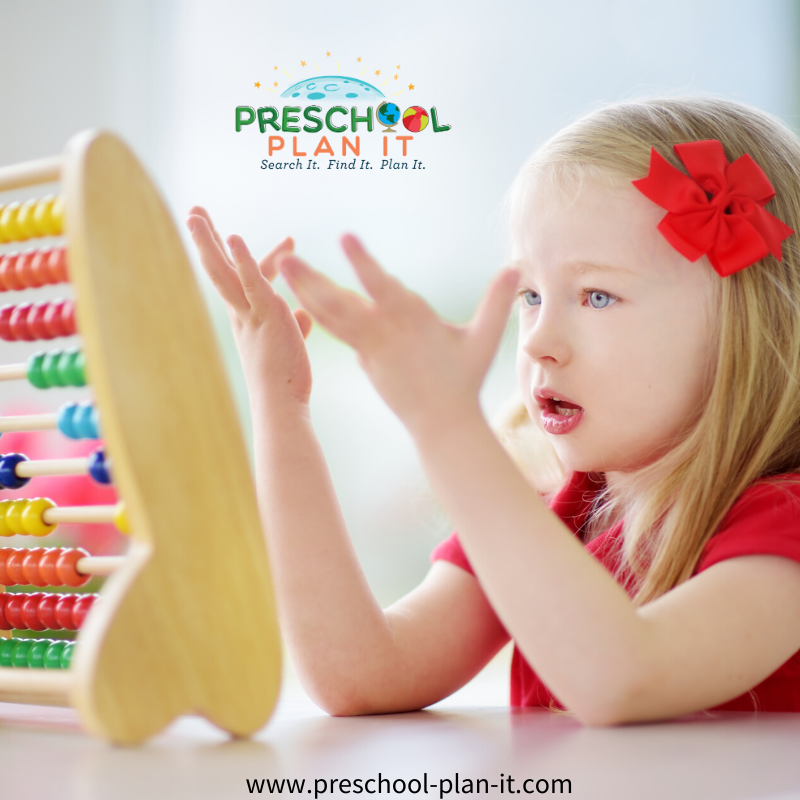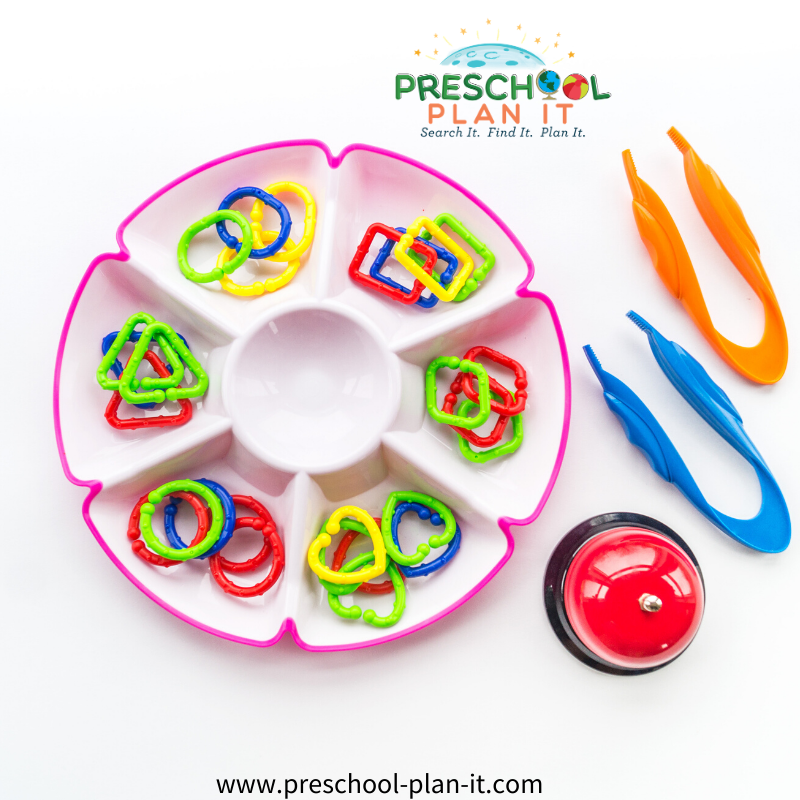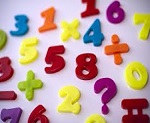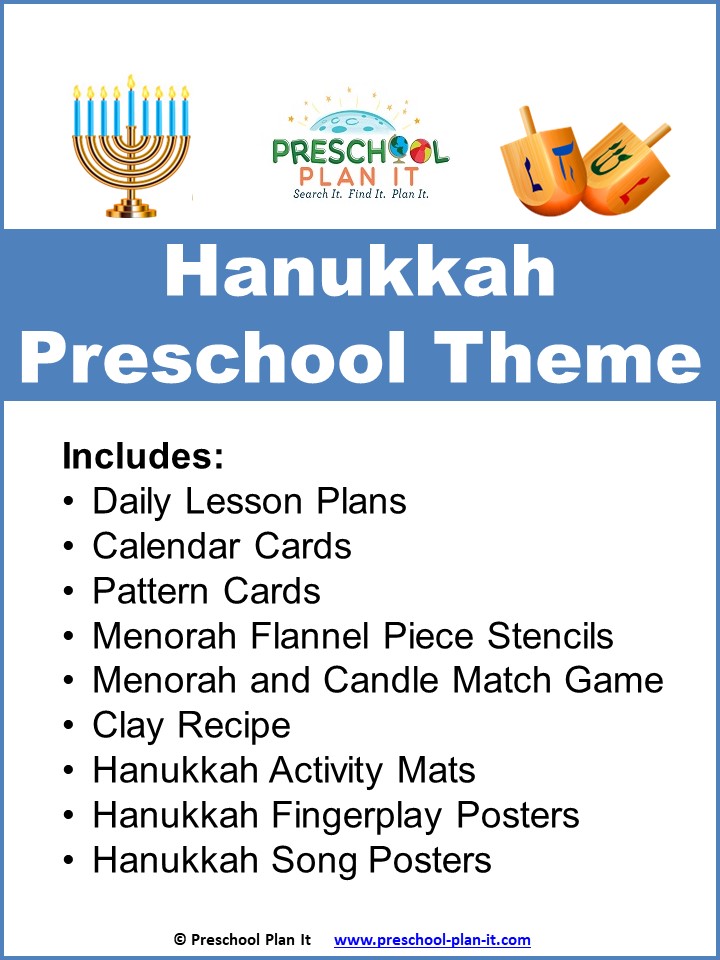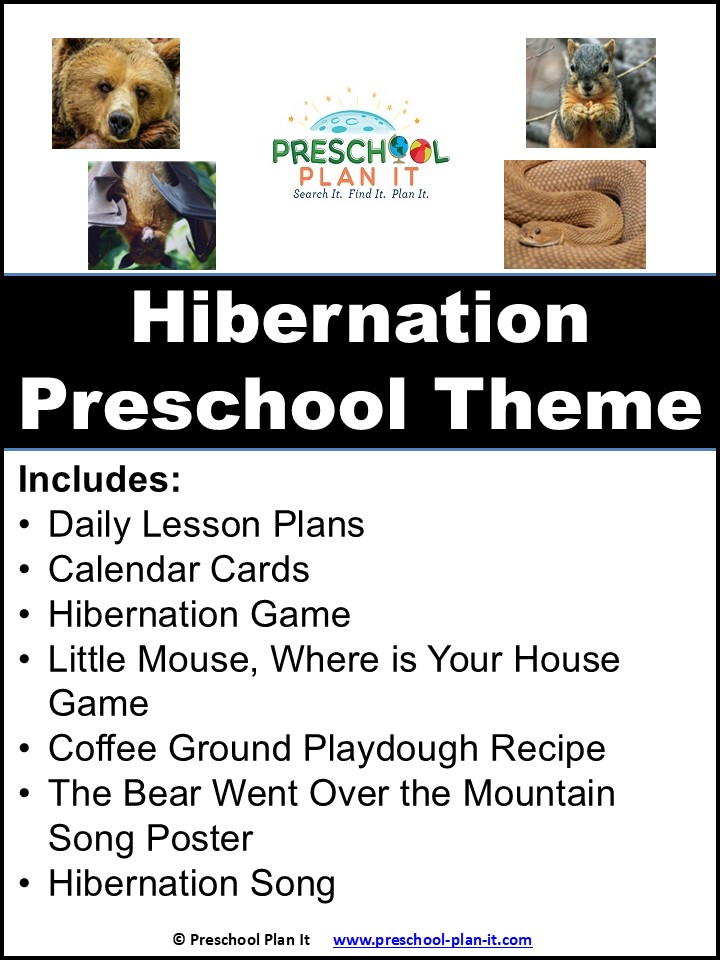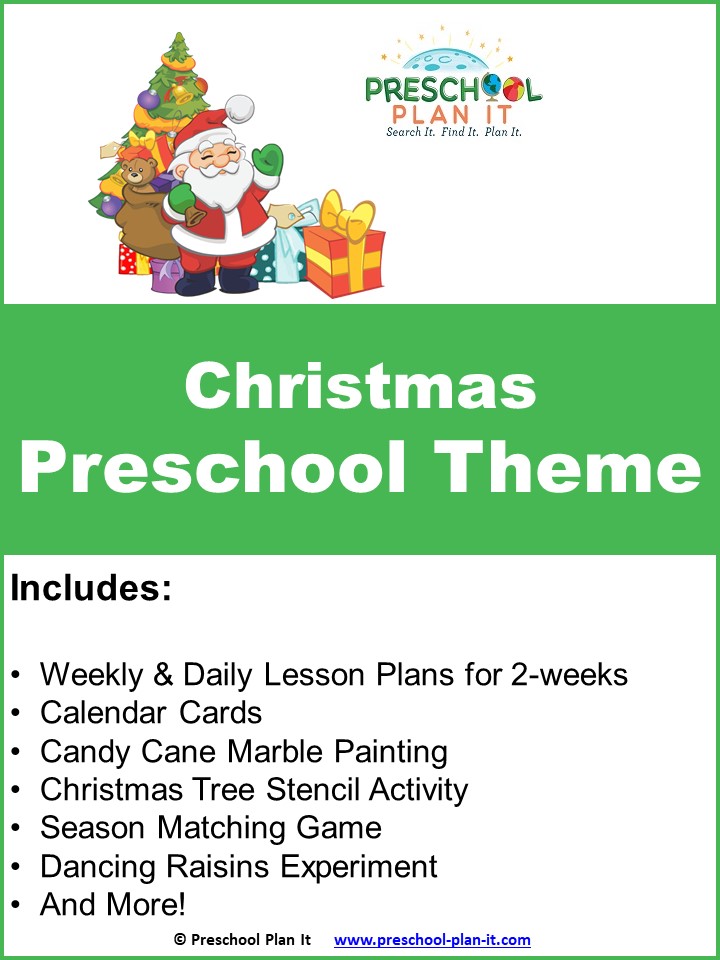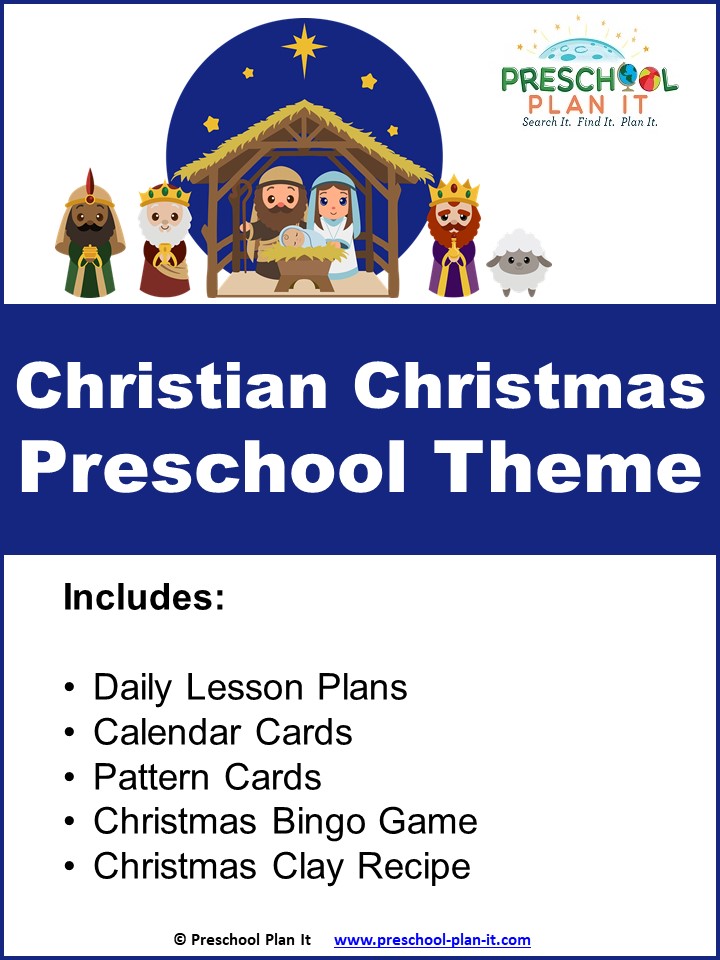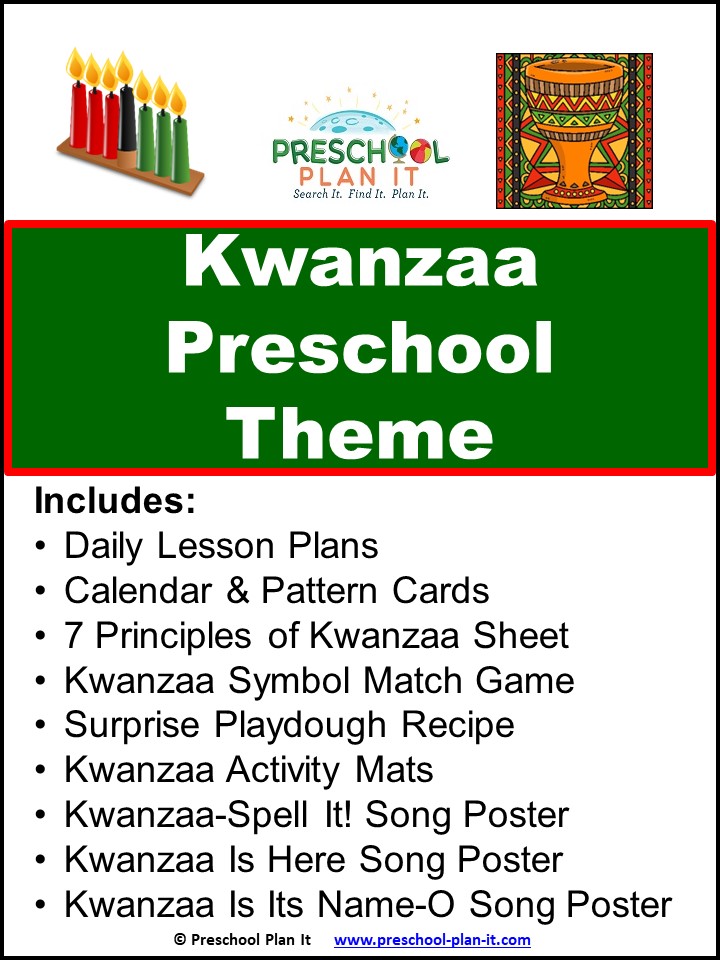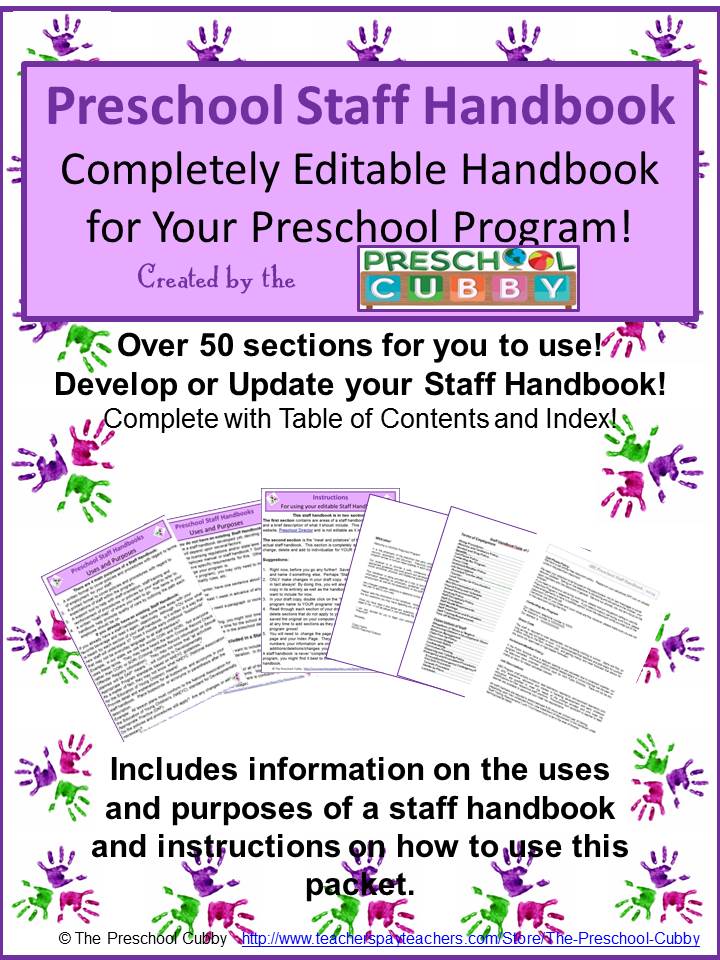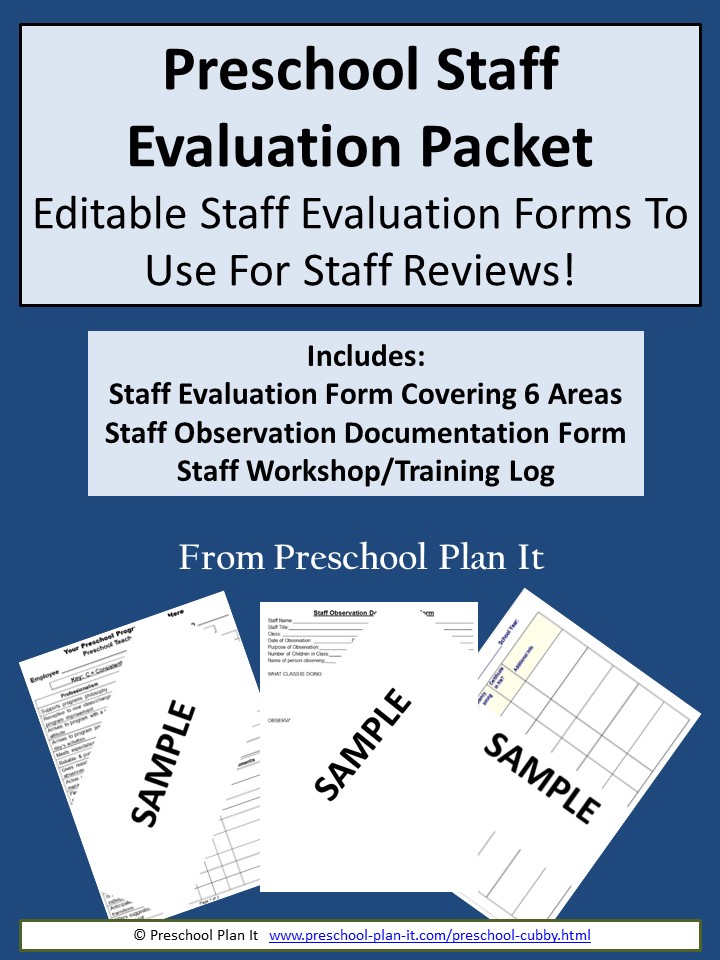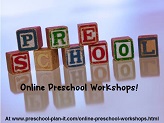- Theme Packs
- Themes
-
Preschool Planning
- Preschool Teachers
Teaching Preschool Math- Learn All About It!
Teaching preschool math is important to plan for.
Math is an integral part of our everyday lives and the best time to start teaching those concepts is as early as possible.
Preschool-aged children learn math concepts through hands-on activities.
To learn more about about math in the preschool classroom check out my Preschool Math Page.
However, many preschool teachers focus primarily on the "basics" such as number recognition, number memorization, number formation and activities to teach the children how to count.
Preschool math is more about children exploring than about your teaching.
Before they even begin counting preschoolers already have a basic understanding of one-to-one correspondence.
They have a basic understanding of matching and, many times have a basic understanding of labeling items with numbers, spatial relationships and more!
Teaching preschool math is not something you "do to" children!
There are several points to keep in mind when teaching preschool math:
- Each child learns and develops at their own pace.
- Some students will catch on to a skill quickly, while others need repeated practice.
- Preschoolers need to be actively engaged in the learning process, not idling watching someone else demonstrate.
- Preschoolers should have opportunities to work alone, with partners, and in groups to maximize learning.
As the teacher, you should always focus on the learning process, not just the result (i.e. focus on providing activities that encourage the children to be involved in counting rather than focusing on them demonstrating their ability to rote count to 10).
Repetition is important when teaching preschool math.
Learners who are exposed to concepts over and over have a more concrete understanding because they've had time to dig deeper into the skill.
Your role is to understand the preschool math process skills preschoolers develop, observe which skills each of your children have and then provide materials and activities to support the children where they are at!
Preschoolers need to build their knowledge like a pyramid.
For example, a child needs to have a solid understanding of rational counting (pointing to one object at a time while saying each number) before moving on to one-to-one correspondence (placing 3 spoons next to 3 plates).
Teaching Preschool Math Based On What Children Know
Did you know there are there are more than 16 common math process skills or concepts to consider when teaching preschool math?
Many of them are considered higher-level skills. This means you may not see them in preschoolers as they are not truly understood until around the age of seven.
There are 3 common math process skills that you will see demonstrated by your children as they interact with each other and with their environment.
They are: Observation, Language and Problem Solving
These process skills fall under 5 math areas. Here they are:
Math Area 1: Numbers and Operations
This area includes Number Sense; Counting; One-to-One Correspondence; Numbers and Symbols
Math Area 2: Geometry and Spatial Sense
This area includes Shapes and Spatial Sense Activities
Math Area 3: Measurement
This area includes all areas of Measurement: weight, length, height, volume, temperature and time.
Math Area 4: Pattern/Algebraic Thinking
This area includes Patterns; Parts and Wholes.
Math Area 5: Displaying and Analyzing Data
This area includes Sets and Classifying; Order Seriation; Comparing; Graphing; Groups and Symbols.
WOW! That is a LOT of math going on!
Take a breath! Relax!
Teaching preschool math does not require you to talk at the children. (i.e. there is NO need to use flashcards: "What number is this?" "How many ducks are on this picture?")
Rather, it requires you to provide materials and activities throughout your classroom that allow your children to investigate, explore, handle and use materials freely.
So, how DO you plan for the skills children need?
I know you may be thinking there should be a month by month plan with a breakdown to show which math process skill to focus on each month.
Sorry, there is not. And, it would not be helpful to your preschoolers.
Why? If you are focusing, for example, on shapes and patterns in October, what about your preschoolers who do not have enough experience sorting? They will become frustrated because they are still figuring out how to sort by general attributes. Creating patterns is NOT where they are at.
The best and only way to plan a month by month focus of math skills for your classroom is by excellent observing and documenting on your part.
Use Your Documentation to Create
Hands-on Preschool Math Activities!Observing and documenting are the only ways in which you can ensure that you are providing activities based on where your individual preschoolers are at. Spend a week just observing and documenting!
Observe them during interest center time, at snack time, during outside or indoor gross motor play.
What do they do, talk about or demonstrate that show you their math knowledge?
Do they set 4 spaces at the dramatic play table for their friends? This is rational counting and one-to-one correspondence. Check those off for those children!
Do they instruct their friends to jump 4 times because they are 4 years old? This is number sense, symbols, and great math language! Check those off!
Now that you know what preschoolers need to learn in the area of math, how do you go about teaching those skills? Well, one skill at a time! You probably already provide activities that support these skills and are not aware of them.
Look at each of the math skills listed above, decide where your children are developmentally and offer activities that meet those skills!
4 Ways To Prepare for Teaching Preschool Math
1. LEARN MORE about these process skills!
Teaching preschool math in your classroom can be a rewarding and enjoyable experience for all involved when you are armed with the best information and resources.
That's where I come in!
I have a 4 hour, online workshop all about preschool math. It is a self-study training and will help you
- Understand, in detail, each of the 17 math process skills
- Practice observing your children to identify where they are in their math skill development
- Plan activities for teaching preschool math throughout your classroom
This 4-hour workshop is only self-paced (you have up to one year to complete it) and it MIGHT qualify for your annual in-service hours, depending on your state. (And even if it does not, you will have gained valuable knowledge on how to incorporate preschool math into your program).
Learn more about my Math in the Preschool Classroom workshop by clicking here!
TOTALLY shameless plug in 3...2...1...
Here is what Deborah F. says about the workshops I offer:
"Thank you for this workshop. I’ve never done anything like this online before, but after completing this, I would be MOST willing and interested in taking another workshop from you. I thought it well organized and informative.
Quite frankly, I would rather participate in another of your workshops than attend some of the preschool conferences that seem to be out there these days.
After 24 years of teaching, I really, really try to find new and fresh ideas and ways to implement them in class and quite frankly, I walk away from a lot of these thinking, “Been there, done that, got the t-shirt,” and felt like my time spent was completely wasted (as do my fellow teachers of comparable years in school).
I realize that many of the workshops are geared to the beginning teachers, and that is good. Many of the physical workshops out there do not require much of you in the way of effort in thought on the subject matter.
Again, I thought what you offered was excellent. Thank you!"2. Read. Learn. Rinse. Repeat!
Read, read, read! There are so many amazing resources available to us to learn more about all areas of preschool development, including preschool math!
3. Set Up A Math Interest Center In Your Classroom!
You don't NEED a specified center for math because math happens everywhere! However, having a dedicated space ensures that you have math materials out for the children to choose from!
Your preschoolers will have access to so much by having a math center in your classroom from developing their math process skills to developing their fine motor skills as well!
Check out my article on how to set up a Math & Manipulatives Interest Learning Center in your classroom by clicking here.
4. Plan Math Activities and SHARE THEM!
Share your activities with others! Share your ideas and activities with your co-workers! We all learn together--help each other out by sharing instructions and activities with teachers in other classrooms!
Also, share this page with co-teachers!
Teaching Preschool Math--Just Do It!
Teaching preschool math does not need to be time consuming and is not complicated! It only requires that you know your preschoolers' abilities and you know about the math process skills.
Once you know these 2 things, you can provide the materials your preschools need to develop their math understanding and skills.
Need help getting started? I have a packet of 13 fun, preschool math activities you can do with your preschoolers right away! Sign up for my free Preschool Teacher Tips email community and I'll send it your way!
Click here to sign up and receive your free preschool math activity ideas!
Other Articles You May Be Interested In:


Hey there! Welcome to Preschool Plan It! I’m Cheryl, a preschool teacher of over 20 years.
I KNOW, I know, you spend hours of time developing your preschool themes, activities and preschool lesson plans each week. You are commited to planning preschool themes and activities that are engaging hands-on, interactive, fun AND meet the goal of supporting each child’s level of growth and development.
I am commited to providing you, the preschool teacher, with everything you need to develop preschool lesson plans and preschool activities for your classroom all in one place!
READ MORE
Join My Free Preschool Teacher Tips Newsletter
You’ll receive a weekly email with planning tips and teaching ideas.
You'll also receive (on the 1st of each month) a free theme starter pack with some printables and activity ideas to get you started planning a theme!Join Now and Get Your First Theme Right Away!
© Copyright 2010-2025 Preschool-Plan-It.com | All Rights Reserved | Privacy Policy & Disclaimer
- Preschool Teachers
